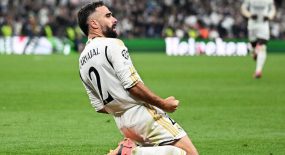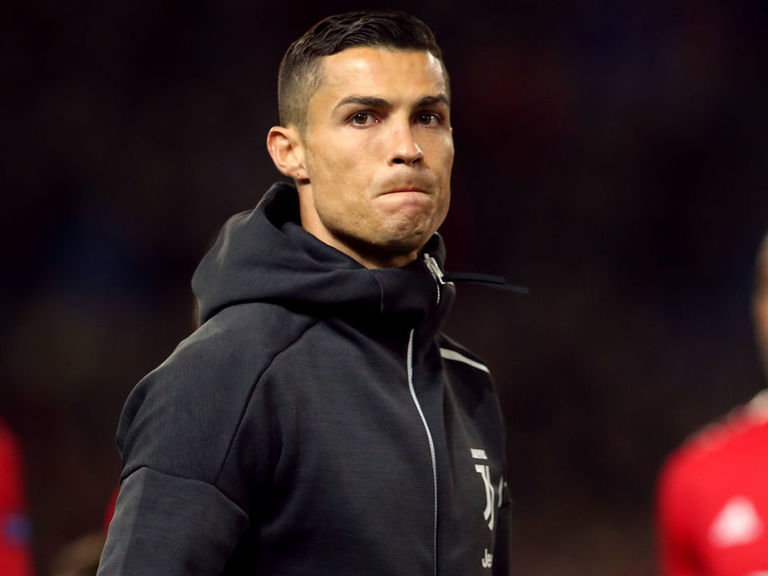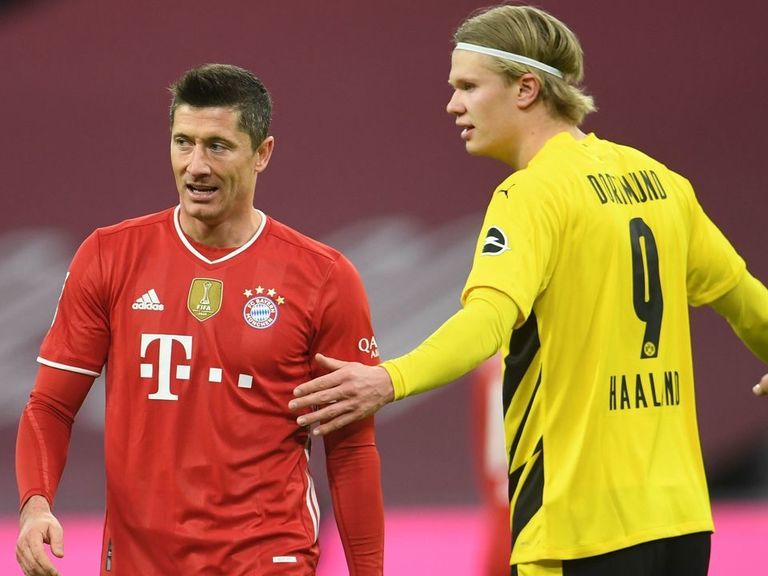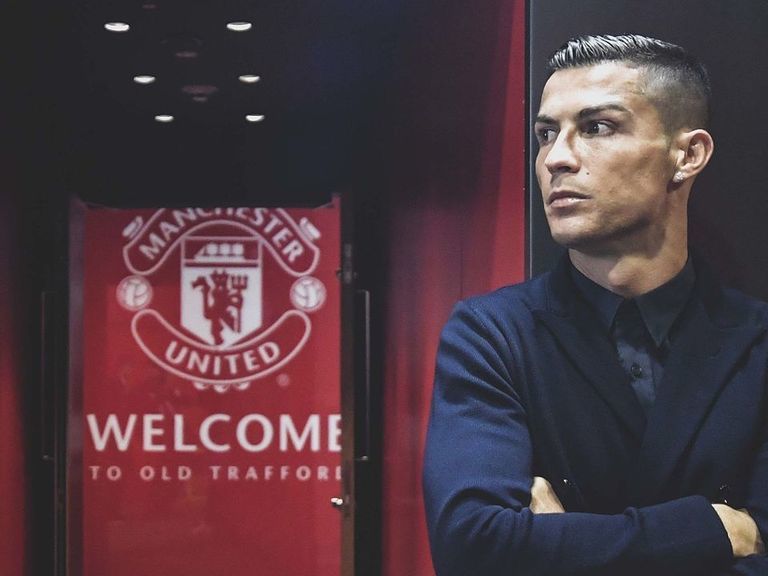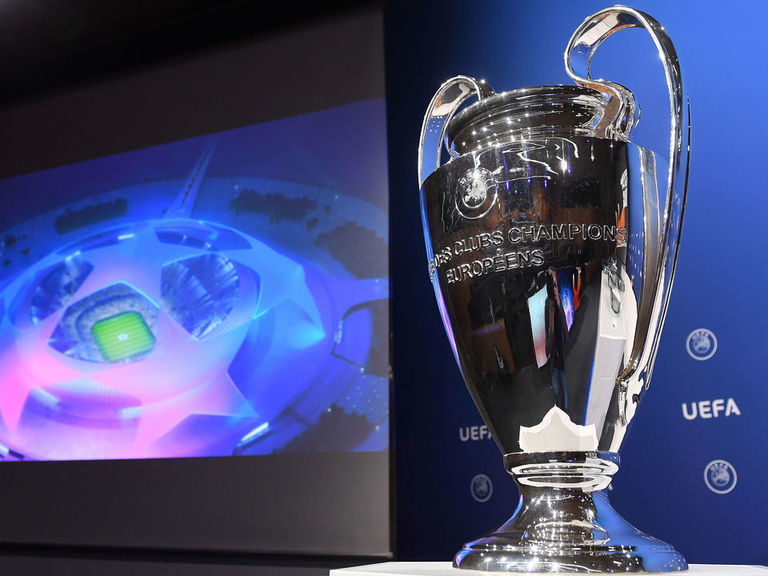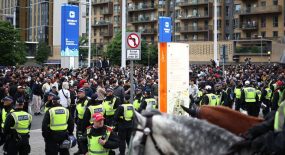Cristiano Ronaldo is back.
Fans, players, and journalists all shared their shock, dismay, and excitement as Ronaldo secured his return to Manchester United on Friday. The deal materialized just a day after Manchester City emerged as the frontrunners to sign the 36-year-old, who risked angering United’s entire fan base had he accepted a transfer to their rivals.
United’s confirmation post received 1 million likes on Twitter in less than an hour, and the club’s stock skyrocketed shortly after the move was announced. Here are the best reaction tweets from Friday’s remarkable turnaround:
Current and ex-players
‘Agent Bruno’? ? ?
Welcome back home @Cristiano ?? https://t.co/YoFBamTIAQ— Bruno Fernandes (@B_Fernandes8) August 27, 2021
Wow wow wow, he’s home ??? @Cristiano
— Marcus Rashford MBE (@MarcusRashford) August 27, 2021
SCARY HOURS!
— Jadon Sancho (@Sanchooo10) August 27, 2021
VIVA RONALDOOO!!!!
— Jesse Lingard (@JesseLingard) August 27, 2021
?? pic.twitter.com/x4lduJOF39
— Raphaël Varane (@raphaelvarane) August 27, 2021
The king is back home ?
— Rafael da Silva (@orafa2) August 27, 2021
……. pic.twitter.com/RkchkEZzBJ
— Rio Ferdinand (@rioferdy5) August 27, 2021
People have to calm down sometimes!!! He say he’s coming home ? relaxxx man?? now i can post it ?????????BIGGEST TRANSFER IN FOOTBALL HISTORY #ilovethisgame @Cristiano @ManUtd #loyalty #positive4evra #manchesterunited pic.twitter.com/Zpyl5A0HWu
— Patrice Evra (@Evra) August 27, 2021
How are you feeling @ManUtd fans? Always dreamt but never expected that it would happen! Welcome back in Manchester @Cristiano pic.twitter.com/L5xDwJhWqU
— Edwin van der Sar (@vdsar1970) August 27, 2021
The fans
Textbook pic.twitter.com/8CmdahEf7y
— Adam Hurrey (@FootballCliches) August 27, 2021
Cristiano Ronaldo is coming home ?? pic.twitter.com/xFzuviAneE
— utdreport (@utdreport) August 27, 2021
This needs to be the formation tbh pic.twitter.com/zvBNovP7bB
— Scotty Tridge (@TridgeTV) August 27, 2021
The media
When Cristiano Ronaldo left for the airport earlier today it was expected he’d be travelling to sign for Manchester City.
By the time his plane landed in Lisbon, a move to Manchester United was nailed on.
What a drama.
— Sport Witness (@Sport_Witness) August 27, 2021
Cristiano Ronaldo is officially heading back to Manchester United.
The result? $MANU is up 8%, meaning Ronaldo has added about $250 million in market cap to the stock already.
That’s insane. pic.twitter.com/5zJDU8u0lC
— Joe Pompliano (@JoePompliano) August 27, 2021
Wow. And he’s still got it. Tevez and Rooney to follow? pic.twitter.com/9veQt4tDCj
— Andy Mitten (@AndyMitten) August 27, 2021
One month ago, Messi and Ronaldo weren’t going anywhere.
One month later, they’ve both moved clubs in the same transfer window ? pic.twitter.com/i9YWXSC3Ob
— B/R Football (@brfootball) August 27, 2021
Cristiano Ronaldo’s Manchester United career by numbers:
? 292 games
? 118 goals
? 54 assists
? 2x PL Player of the Season
? 2x PFA Player of the Season
? 1x European Golden Shoe
? 1x PL Golden Boot
? 1x Puskás Award
? 1x Ballon d’OrIt’s time for the next chapter. pic.twitter.com/ohdhujXjXG
— Squawka Football (@Squawka) August 27, 2021



